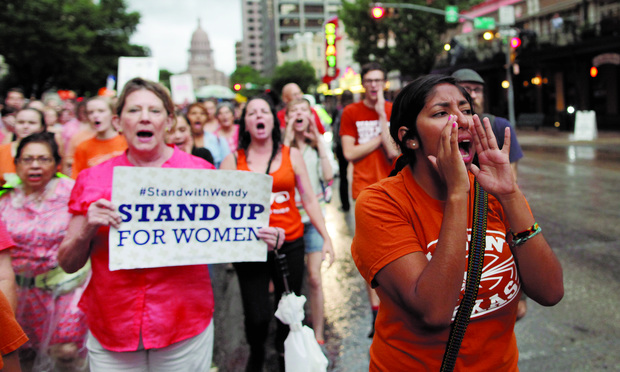Imagine that a group of state legislators didn’t like a particular religious denomination and decided to run it out of state by enacting new building codes applicable to only them, enumerating countless requirements for the number of parking spaces churches must have, the space between pews and the size of their steeples — knowing that no church could meet them without backbreaking costs.
Imagine if these same politicians passed a law barring the denomination from opening its church doors without ministers with faculty appointments at a local divinity school — whose administration, for ideological or business reasons, is predisposed to reject their appointments. Never mind that the ministers hold graduate degrees from leading divinity schools, were ordained in a rigorous process that tested their knowledge and fitness to serve and hold faculty appointments elsewhere.



